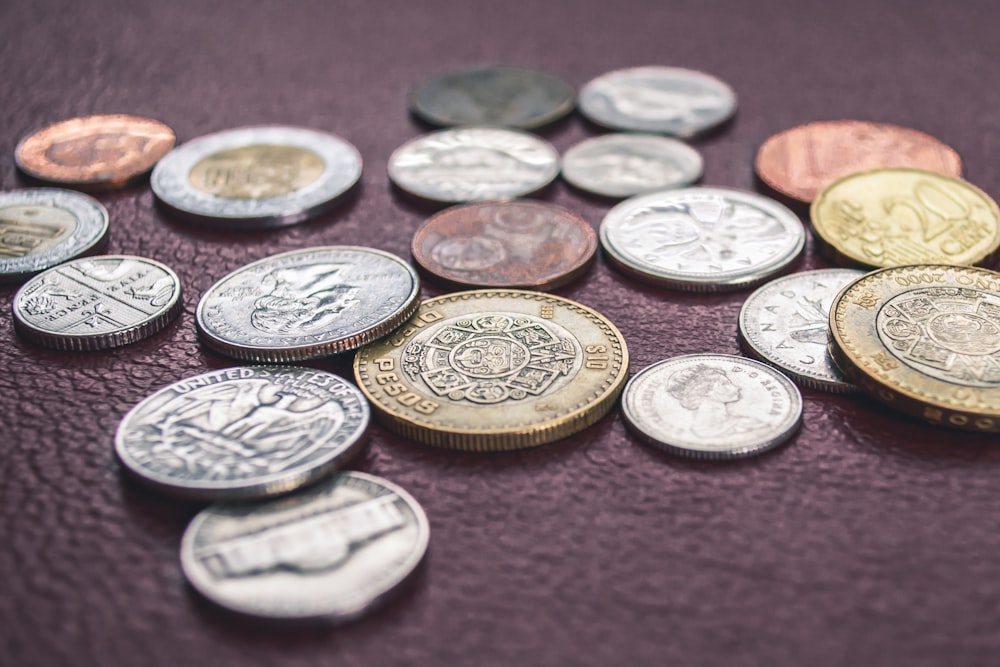
Demand
In economics, demand refers to the strength of one or many consumers' willingness to purchase a good or goods at any in a range of prices.
For example,
A rise in income causes a consumer to be willing to purchase more of a good than before contingent on each possible price, economists say that the income rise has caused the consumer's demand for the good to rise.
In contrast, if a change in market conditions leads to a decline in the price of a good resulting in a consumer's being willing to buy more of it, economists say that the consumer's quantity demanded of the good has risen.
Supply
In economics, supply is the amount of something that firms, producers, laborers, providers of financial assets, or other economic agents are willing and able to provide to the marketplace.
Supply is often plotted graphically with the quantity provided plotted horizontally and the price plotted vertically.
Recession
In economics, a recession is a business cycle contraction when there is a general slowdown in economic activity. And Macroeconomic indicators such as GDP, investment spending, capacity utilization, household income, business profits, and inflation fall, while bankruptcies and the unemployment rate rise.
Unemployment
The rate of unemployment is a measure of the prevalence of unemployment and is calculated as a percentage by dividing the number of unemployed persons by all persons currently in the workforce.
An economy usually experiences a relatively high rate of unemployment during periods of recession.
Interest
Interest is paid at a specified rate from a borrower or deposit-taking the financial institution to a lender or depositor above the repayment of the principal amount. It is different from a fee that can be paid by the borrower to the lender or to a third party.
Cost
A cost or Opportunity cost is the value of money used to produce something or deliver a service in production, research, retail, and accounting, and is therefore no longer available for use.
The cost may be one of acquisition in business, in which case the amount of money spent to acquire it is counted as cost.
Inflation
In economics, inflation is a sustained increase in the general price level of goods and services in an economy over a period of time.
Deflation
Deflation is a decline in the overall price level of goods and services in economics.
Deflation occurs when the inflation rate falls below 0%. Inflation reduces the value of currency over time, but deflation increases it. This allows one to buy more goods and services than before with the same amount of currency.
Investment
Investing means distributing money in the expectation of some future benefit. For example, investment in sustainable goods, service industry investment in real estate, manufacturing factories, product development, and R&D.
Read: The Types of Economies.